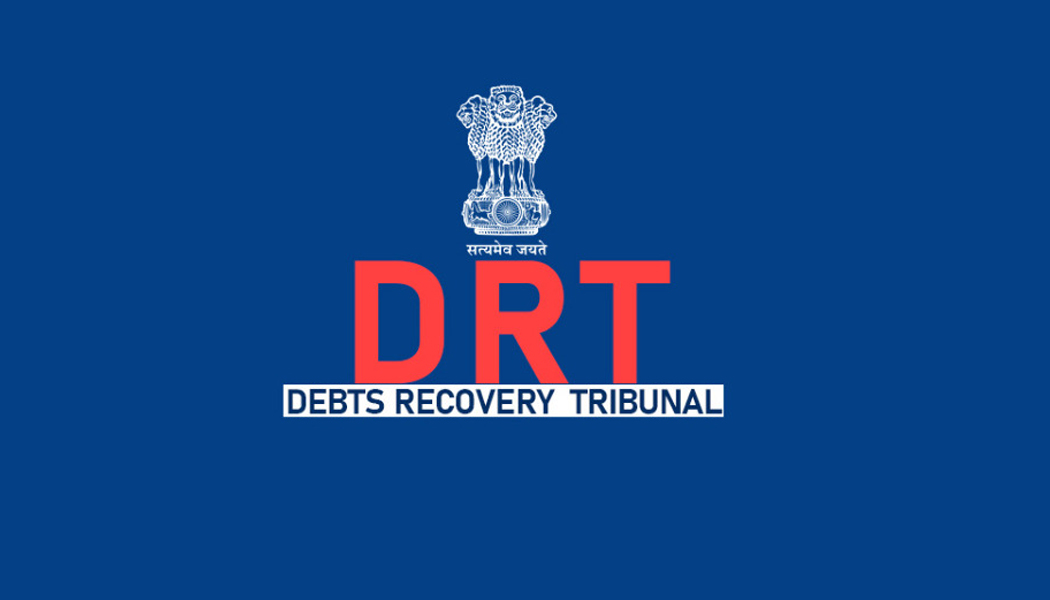
Which cases can be filed in DRT?
Which cases can be filed in DRT?
Debt Recovery Tribunals (DRTs) in India handle cases related to the recovery of debts, particularly those involving financial institutions and banks. Here’s a comprehensive list of cases that can be filed in DRT:
- Recovery of Loans and Advances:
DRTs adjudicate cases related to the recovery of loans and advances granted by banks and financial institutions. This includes both secured and unsecured loans. - Non-Performing Assets (NPAs):
Cases involving non-performing assets, where borrowers have defaulted on their payments, leading to the classification of loans as NPAs, can be filed in DRT. - Mortgage-related Cases:
Matters concerning the recovery of debts secured by mortgages, whether residential or commercial properties, fall within the jurisdiction of DRT. - Guarantee-related Cases:
DRTs handle cases where the recovery is sought against individuals or entities that have provided guarantees for loans, and the primary borrower has defaulted. - Corporate Debt Restructuring:
Matters related to the restructuring of corporate debt, including negotiations between creditors and borrowers for a revised repayment plan, can be filed in DRT. - Asset Reconstruction Companies (ARCs) Cases:
Cases involving the transfer of non-performing assets to Asset Reconstruction Companies and subsequent recovery efforts can be brought before DRT. - Banking and Financial Disputes:
Disputes arising between banks or financial institutions and their clients, including matters related to terms of lending, interest rates, and other financial transactions, can be adjudicated in DRT. - Enforcement of Security Interest:
DRTs handle cases related to the enforcement of security interest by financial institutions, typically involving the sale of collateral to recover outstanding dues. - Wilful Default Cases:
Matters where a borrower is alleged to have wilfully defaulted on repayment, leading to legal action for debt recovery, can be filed in DRT. - Interim Measures and Injunctions:
Parties involved in debt recovery cases may approach DRTs for interim measures, such as injunctions or stay orders, to protect their interests during the legal proceedings. - Claims against Borrowers and Personal Guarantors:
DRTs can hear cases against both the primary borrower and personal guarantors in debt recovery matters, allowing creditors to pursue recovery from multiple sources. - Debt Recovery Appeals:
Appeals against decisions made by secured creditors, financial institutions, or banks can be filed in DRTs by parties aggrieved by the original decision. - Any Other Cases as Notified by the Central Government:
The Central Government may notify specific cases or matters that fall under the jurisdiction of DRTs, expanding the scope of cases that can be adjudicated.
It’s crucial to note that DRTs primarily handle matters related to financial institutions and banks, and their jurisdiction is distinct from civil courts. The legal proceedings in DRTs are governed by the Debt Recovery Tribunal (Procedure) Rules, 1993.
Adcocate J.S. Rohilla (Civil & Criminal Lawyer in Indore)
Contact: 88271 22304
